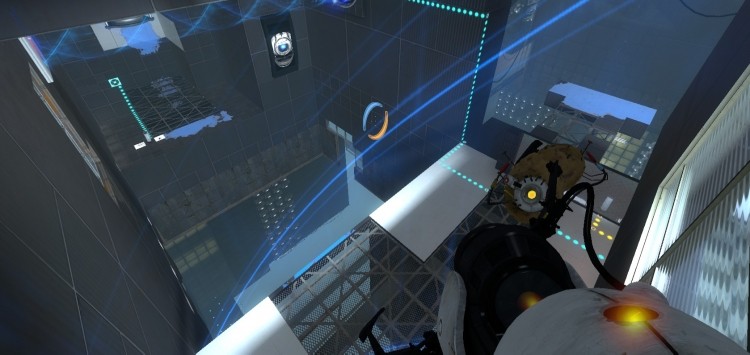Game developer Valve is currently researching a number of different methods to innovate in the industry - thinking outside the box, if you will. Chief among them is collecting biofeedback that can be used to determine how a player is reacting to the game on a physiological level.
During a session on emotion in games at the NeuroGaming Conference and Expo last week, experimental psychologist Mike Ambinder (who heads up the program at Valve) said the company is very interested in the notion of biofeedback and how it can be applied to game design. More interesting, however, is what you can do when you incorporate these signals into gameplay.
Today's games use a gamepad or a mouse and keyboard to help the player interact with the game. It works, but the developer has no idea if the gamer is enjoying the experience or not. If they could somehow gather that information, Ambinder said, they could tap into a whole wealth of data.
The psychologist said Valve has conducted experiments where they monitor how much a person is sweating and used that to determine interest in a game. That info was then fed into Left 4 Dead to try and make the player experience even more enjoyable. For example, if the gamer was calm, the story would progress at a normal pace but if they were excited or nervous, the game would move faster and give them less time to shoot enemies.
The team also created a special version of Portal that was controlled with your eyes. He said it was all still experimental but it worked pretty well and they were pleased with the results.
The data could eventually be used to better matchmaking in multiplayer games and allow others to spectate competitive matches in a more entertaining way. What's more, it could also help developers create better peaks and valleys in games which would make the overall experience that much more enjoyable.
